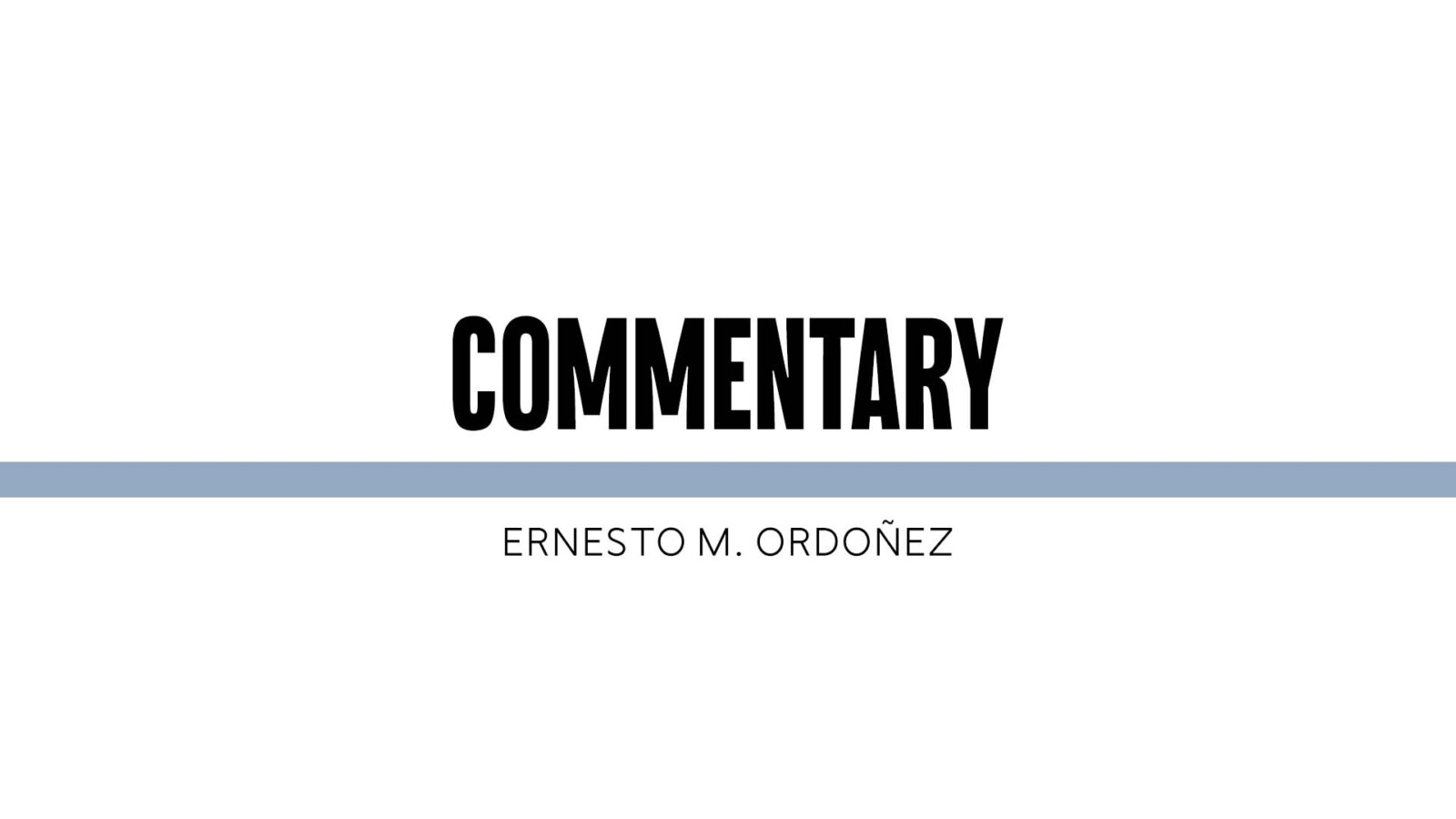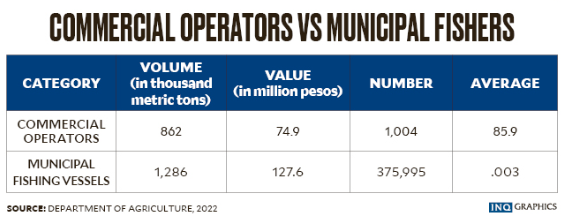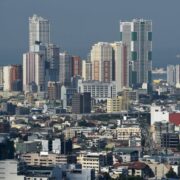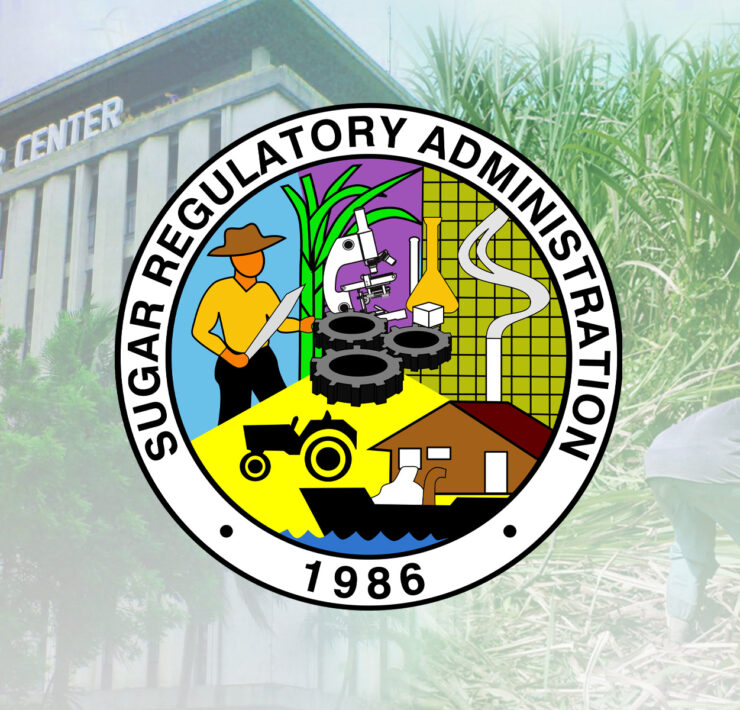Save the municipal fishers

Action must be taken immediately to save our municipal fishers. This is because the Supreme Court First Division has upheld a Malabon Regional Trial Court decision allowing commercial fishing inside the 15-kilometer municipal fishing zone.
There are reports that not enough time was given to hear the side of the municipal fishers. They number 2.3 million and constitute the poorest sector in our nation.
There is still time to review this decision before it becomes final and executory. This decision should be reversed in favor of social justice and the municipal fishers. This is consistent with the position of the Catholic Bishops Conference of the Philippines (CBCP) published last Feb. 1.
The law
On Feb. 4, in separate meetings, the Federation of Philippine Industries and the Alyansa Agrikultura (AA) took the same stand. As a matter of fact, when AA (led by Pablo Rosales and Ruperto Aleroza) was deciding whether to support in the Senate the nomination of Francisco Tiu Laurel Jr. as the new agriculture secretary, AA submitted its written position on this issue. Tiu Laurel fully supported this stand, and still does so today.
The 1987 Constitution, the Local Government Code, and the Fisheries Code of 1998 (Republic Act No. 10654) all affirm the preferential rights of artisanal small-scale fisherfolk in municipal waters.
The CBCP stated: “It pains us to find this sacred trust for the integrity of God’s creation threatened, and our life and survival, particularly the artisan and municipal fisherfolk challenged … When commercial interests take precedence, the vulnerable are left to bear the cost—facing hunger, poverty and displacement.”
To provide details behind this statement, we created the table as shown.

For one commercial operator, there are 376 municipal fishing vessels. For that operator, the daily revenue (not including expenses) is P238,054. It is only P929 for a fishing vessel, with a ratio of 256:1. On average, a municipal fisher earns P293 a day for his family to survive, if he is lucky enough to find work.
If the commercial operators move into the municipal waters, the low catch and small income of the municipal fishers will be further decreased because of the commercial fishers’ superior equipment.
Our already depleted fish resources will further decrease, made even worse because fish propagation will be diminished. The environment will also be endangered. This is because the commercial operators’ fishing methods have the potential of destroying corals and other fish habitats.
A model to emulate
Norman Pabalan from San Remigio, Cebu says: “What will happen to us? We cannot go beyond the municipal waters because we only have small pump boats. We hope the court realizes that the government is slowly killing us, including our families.”
The commercial fishers should follow the example of commercial operator Frabelle Corp. They should invest in more technology and go into deeper waters, where they can get increased fish catch.
Going into the municipal waters is easier and less expensive. But this is unfair, unjust, and irresponsible.
When all Filipinos should unite at this critical time to build a better Philippines, the commercial operators should now be one with the municipal fishers, instead of taking advantage of them. However, we should not rely just on the good will of others. The government must protect the municipal fishers by correctly implementing the current law. Since the courts determine how this law is implemented, this erroneous court decision must be reversed to protect our fisherfolk and our environment.
Only with the unity of the government and its citizens , as well as that of the commercial operators and the municipal fishers, will we be able to successfully build a better Philippines.
The author is Agriwatch chair, former secretary of presidential flagship programs and projects, and former undersecretary of the Department of Agriculture and the Department of Trade and Industry. Contact is agriwatch_phil@yahoo.com.




















